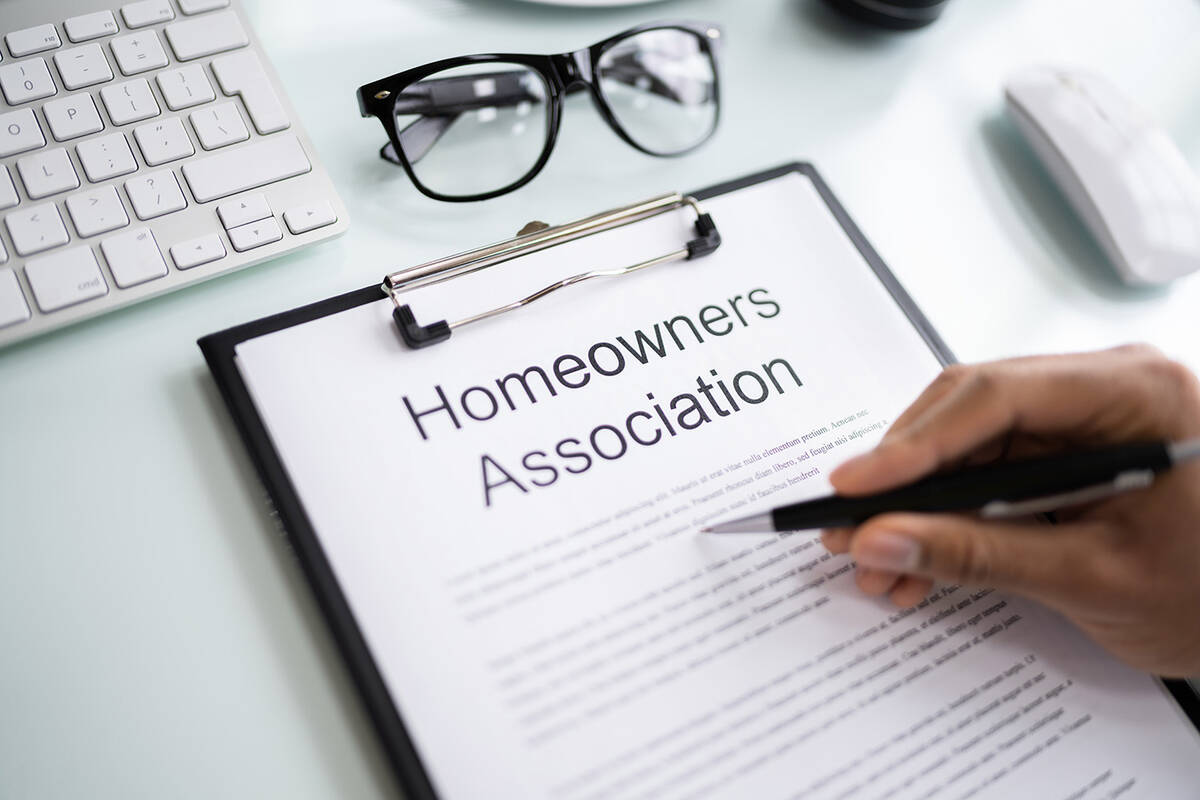Odors have high-rise condo owner seeking solutions
Q: I live in a high-rise condo in Las Vegas. I have a problem where modifications were made to the apartment adjoining mine and construction defects are causing odors to be sent into my apartment. The original construction time frame was 2000-2001.
The homeowner association says that this is an issue which needs to be worked out between me and the owner of the adjoining apartment. The owner of the adjoining apartment is a crotchety retired lawyer from Los Angeles. The apartment is currently occupied with a renter. The owner owns four units of the same apartment layout in the building. I really am reticent to deal with the owner because of his reputation.
I tried to contact the Nevada Ombudsman. They say they cannot help me. I then tried to contact a lawyer who wants a retainer of $5,000 before they will do anything and then said it will be more if the HOA wants to go into litigation. The repair is estimated to be approximately $500. So, a retainer of $5,000 with an open end seems ridiculous to me.
I have attached the email which I sent to the Ombudsman as well as the email I sent to the lawyer. This will provide background of the problem.
I am willing to do the work. And for that matter, I am willing to pay for the repair (within reason — $500 is perfectly acceptable to me).
I would like for the HOA to intercede on my behalf.
I interpret Nevada Revised Statutes 116 to indicate that the space between my apartment and the adjoining apartment is “common space.” The HOA is differentiating between “common space” and “public space.”
My question is: Is the HOA responsible for getting this issue resolved?
A: The space between your unit and your neighbor is not common space or public space. It is a shared space between the two units. It appears that the association has provided you with an accurate response that you will need to deal with your neighbor.
Q: I pay $158 per month in HOA fees. The company did not raise the fee last year. But we just found out that they are raising the fee by $18 per month to $176, starting Jan. 1. Is this amount of a raise legal? Please advise.
A: Under Nevada Revised Statutes 116.31073 (3c), any increase over 5 percent would require the vote of the membership at the budget ratification meeting. The proposed increase in your assessment is 11.4 percent, which would require voting to approve the budget with the higher assessment. Under NRS 116.31151 (3), members either ratify or reject the budget. Unless, at the meeting a majority of the owners or any larger vote specified in your governing documents reject the budget, the budget is ratified per state law whether or not a quorum is present.
Barbara Holland is an author and educator on real estate management. Questions may be sent to holland744o@gmail.com.



















